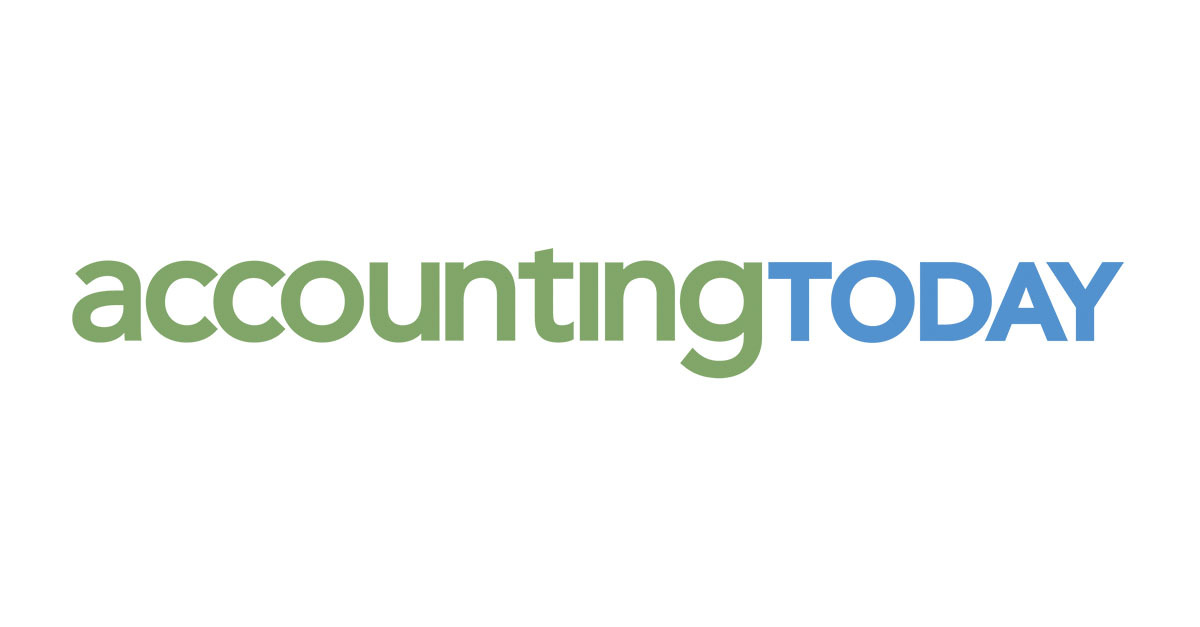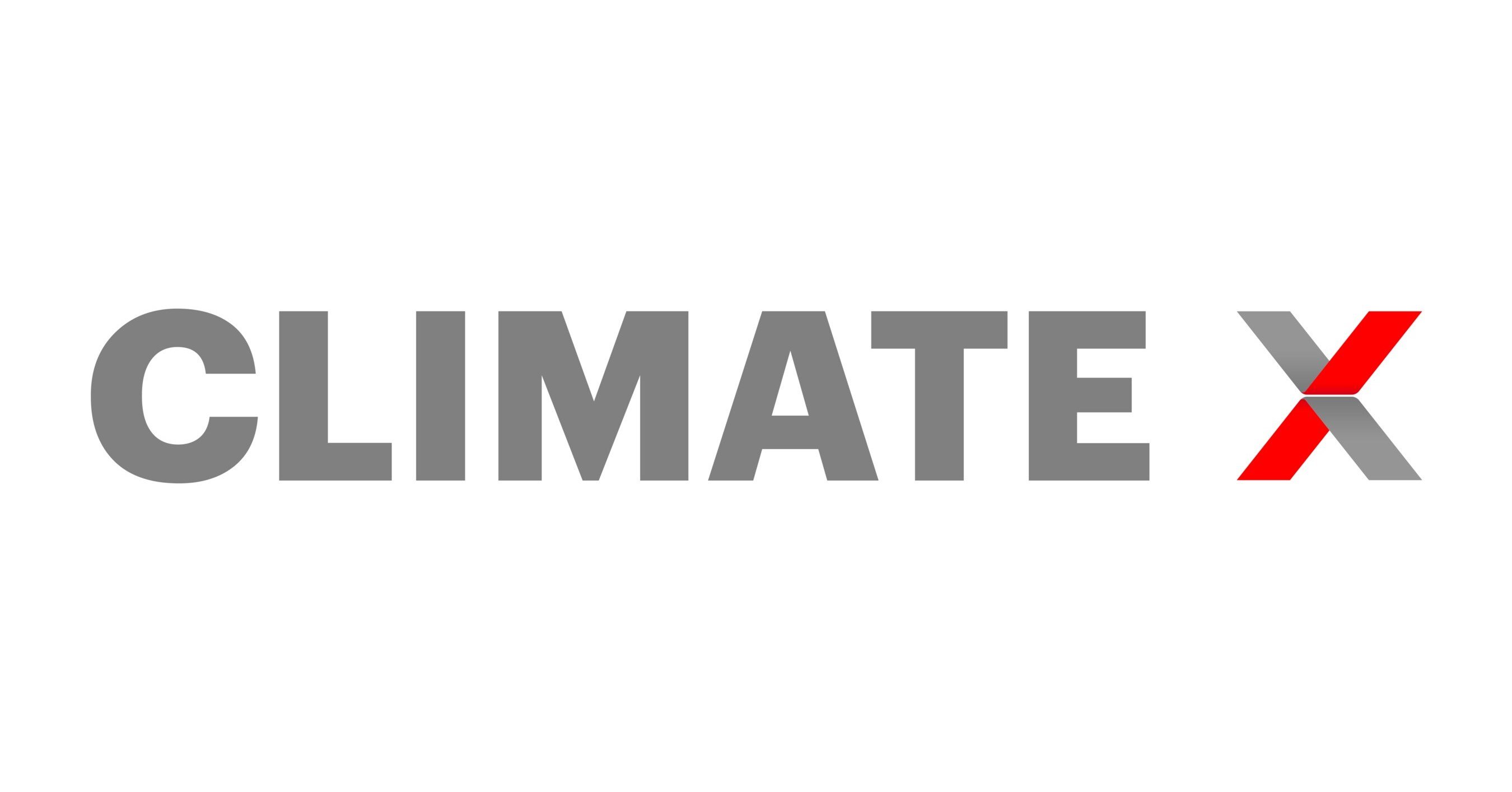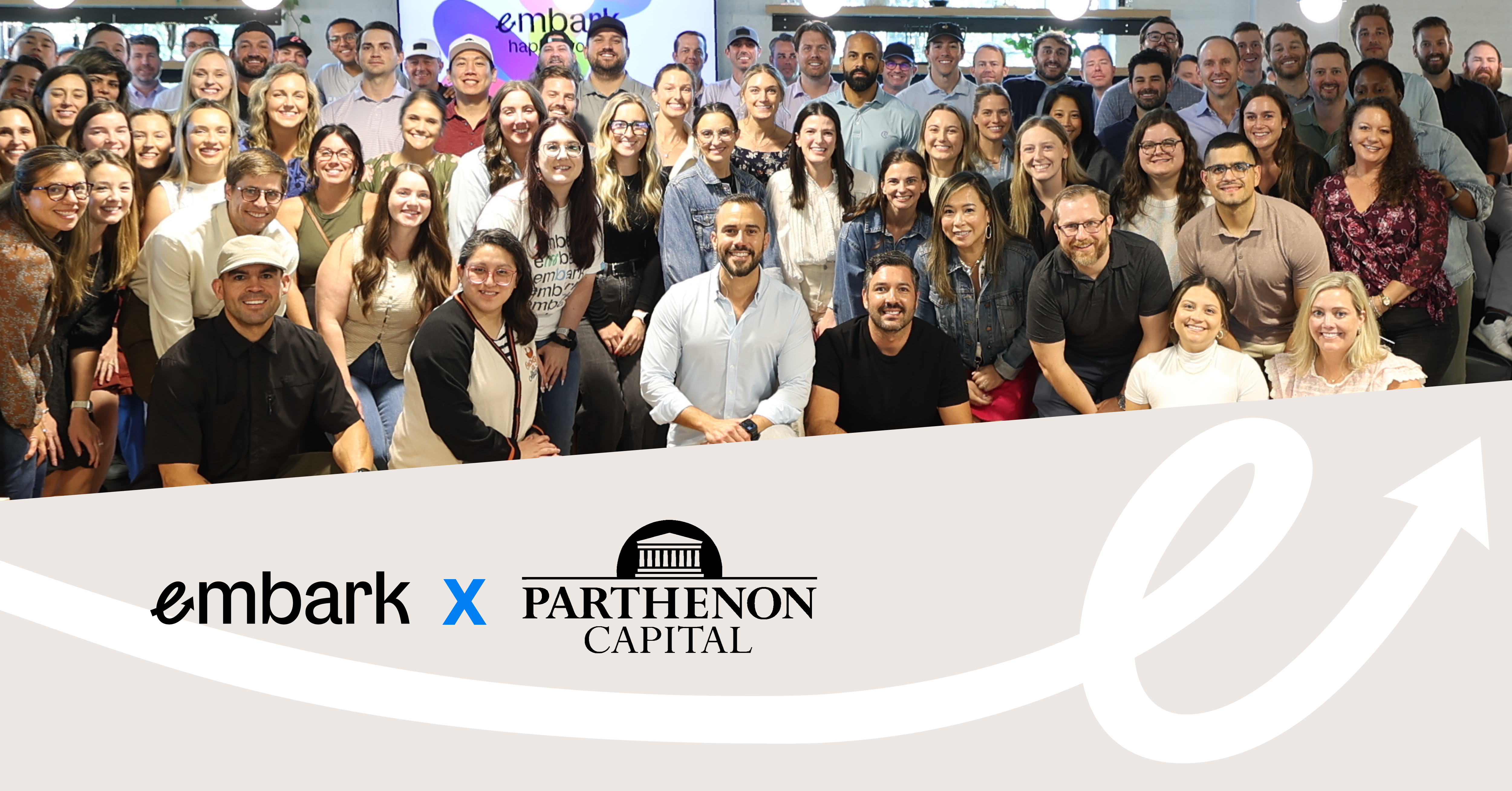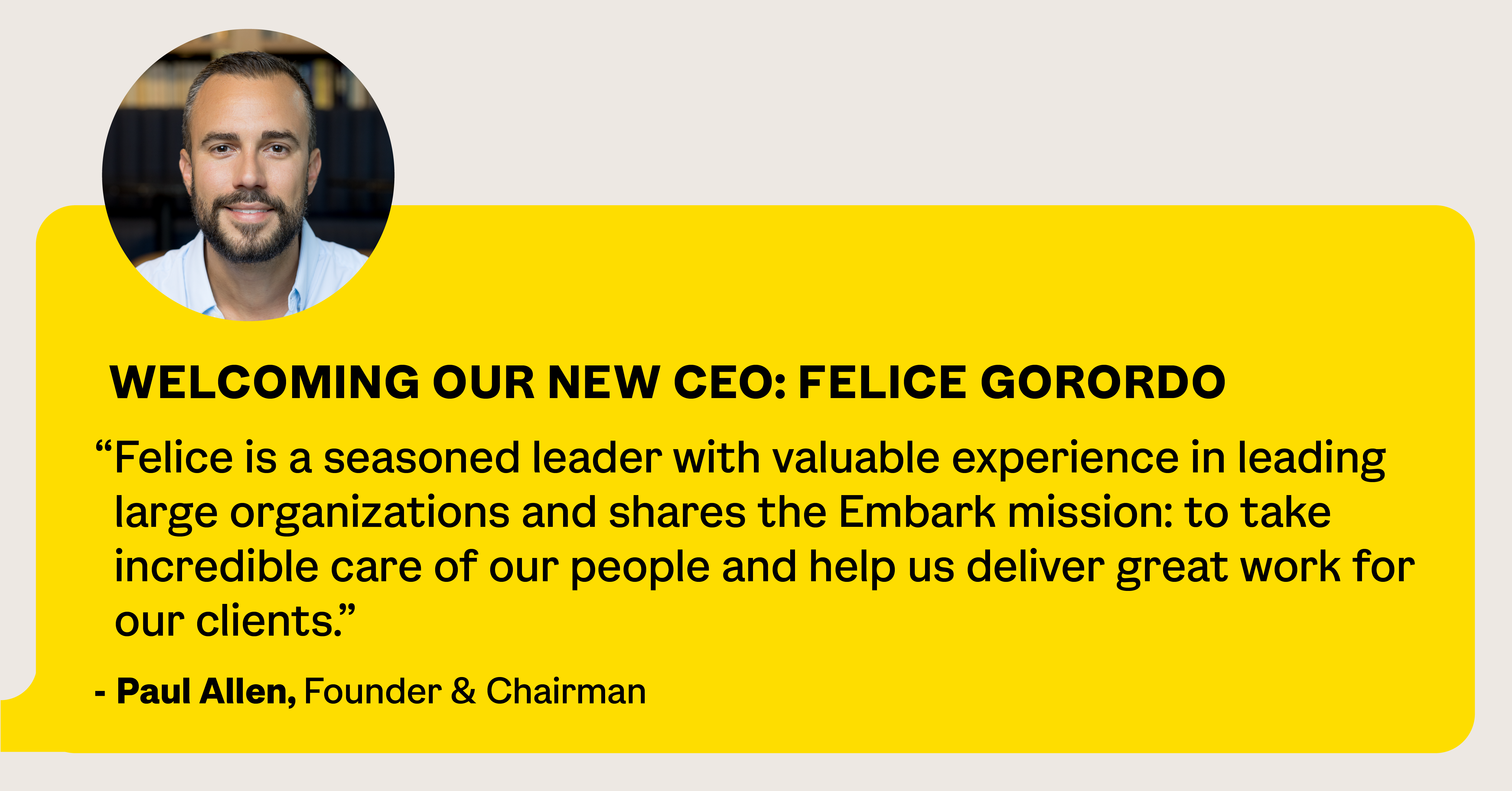
The current shortage of accountants doesn't look like it's getting better anytime soon, which means it's time for finance leaders to make some tough decisions about the future of accounting and finance functions.
Let's begin with some eye-opening and alarming statistics:
- As of 2022, over 300,000 accountants and auditors had left their jobs since 2020.
- The U.S. Bureau of Labor Statistics projects 126,500 additional job openings for accountants and auditors each year over the next decade.
- Almost 75% of CPAs had already reached retirement age as of 2020.
- The number of people sitting for the CPA exam fell from 48,004 in 2016 to 32,188 in 2021, marking the lowest point in 17 years.
These are sobering statistics that don’t bode well for the future of a critical but rapidly evolving profession. But what’s causing the conditions pushing accounting to the brink? For starters:
- The Tug-of-War for Accounting Talent: With so much competition from tech firms and other high-paying industries, financial leaders are in a bind, trying to offer salaries and career opportunities that keep pace. Likewise, the allure of working on the next big app or groundbreaking AI initiative can quickly make the prospect of crunching numbers feel pedestrian at best.
- Pay Disparities and the Overwork Dilemma: Other fields typically offer starting salaries at least 20% higher than entry-level accountants, making it nearly impossible for companies to compete for new accounting talent. Early career accountants often find their starting salaries don't make up for the steep hours expected of them. This results in hourly wages that don't match expectations for such a skilled profession, some even coming in beneath hourly minimum wage rates thanks to lower salaries and endless hours at work.
- Pandemic Burnout and the Quest for Balance: 65% of companies say accountant turnover has placed a greater burden on employees, 67% for turnover at the leadership level. Throw a recent global pandemic into the mix, and already stressful accounting roles have accountants rethinking their career paths. Now, jobs offering more flexibility and a healthier work-life balance are the benchmark.
- The Accounting Educational Hurdle: Imagine running a marathon where the organizers keep extending the finish line. That's what becoming a CPA can feel like these days. Obtaining a bachelor's degree is already challenging enough for many people. Include the extra 30 credit hours to hit the mandatory 150-hour mark for CPAs, and you see why many potential accounting graduates are choosing different paths.
To read the full article in Accounting Today, click here.






